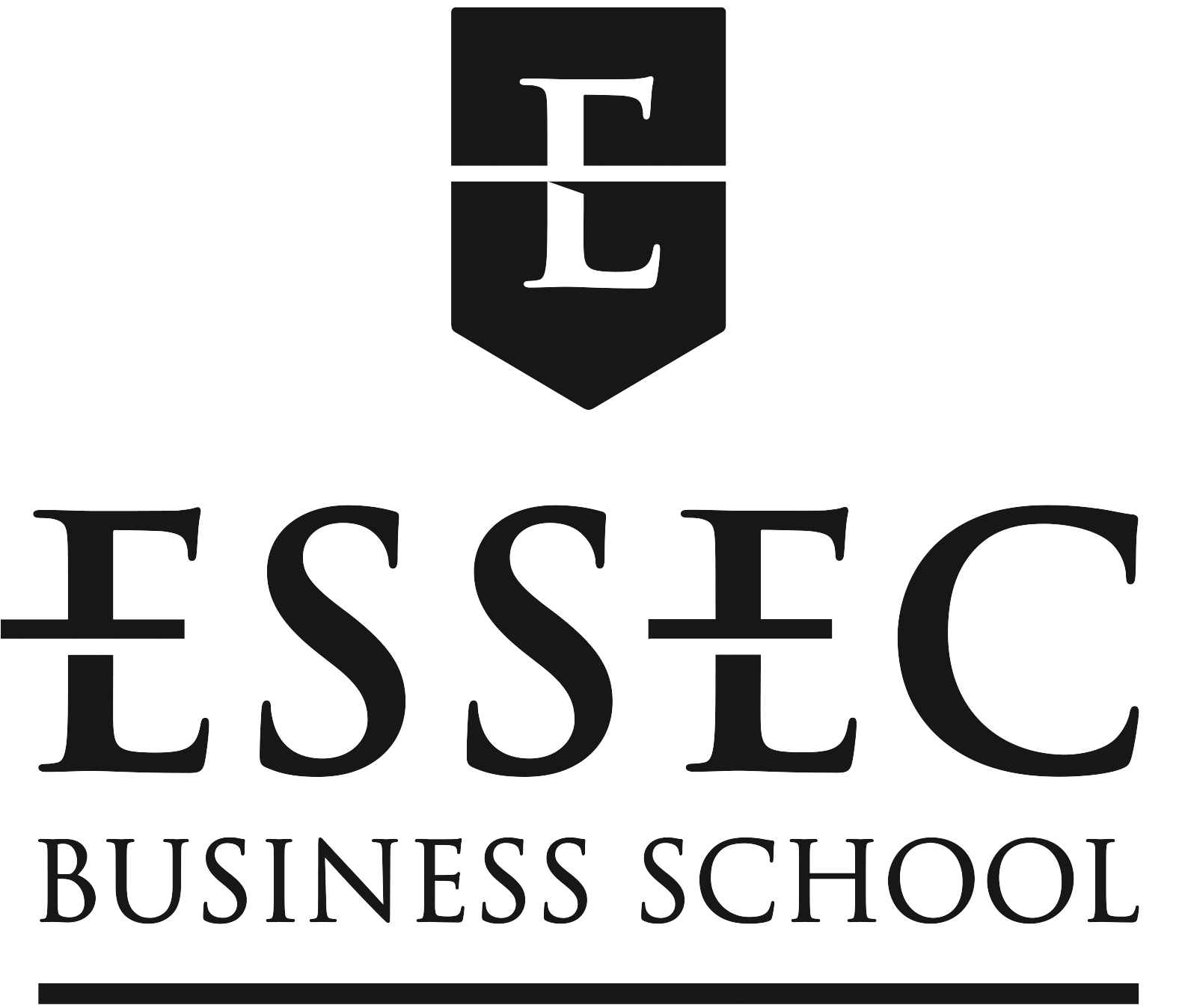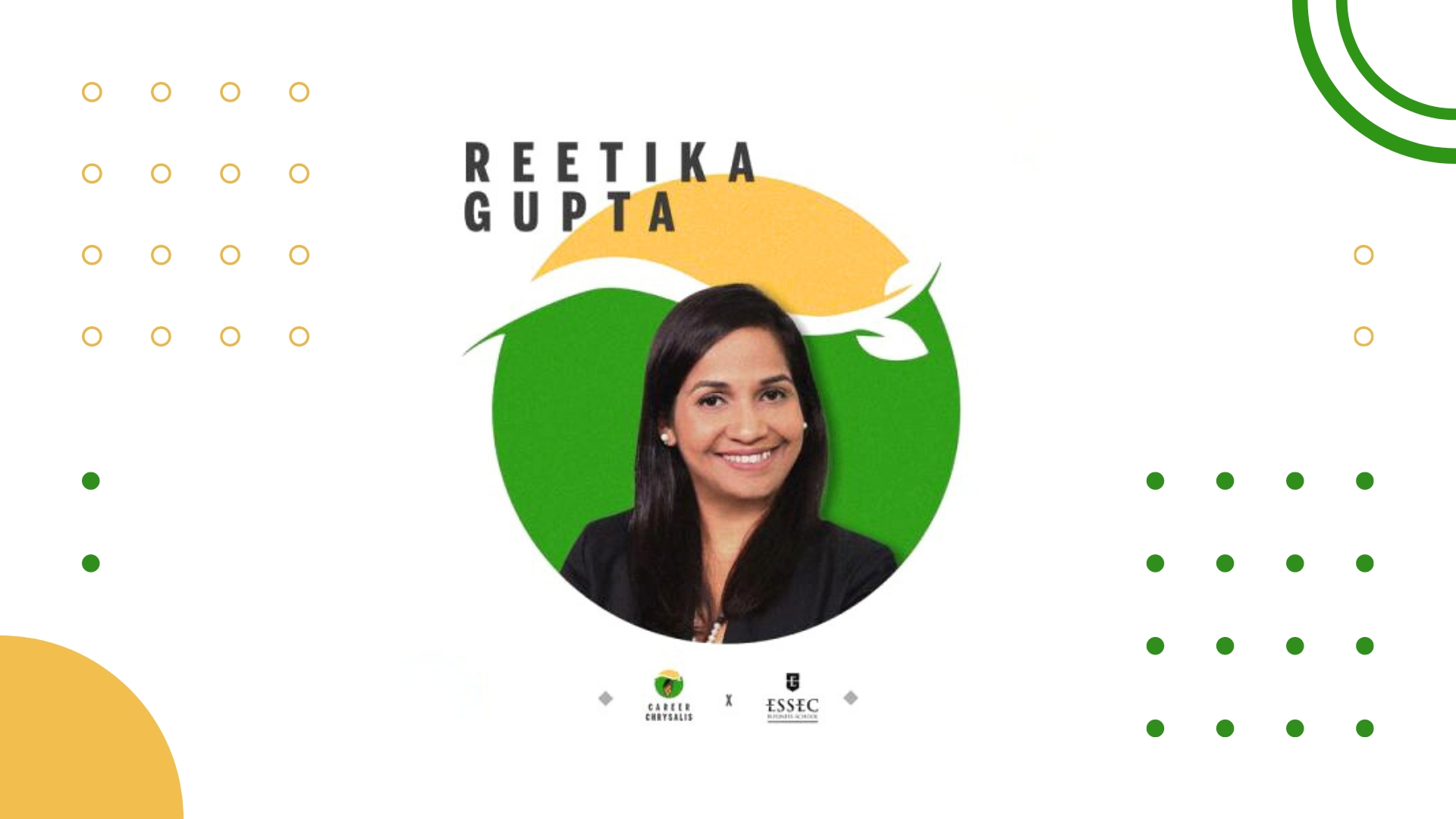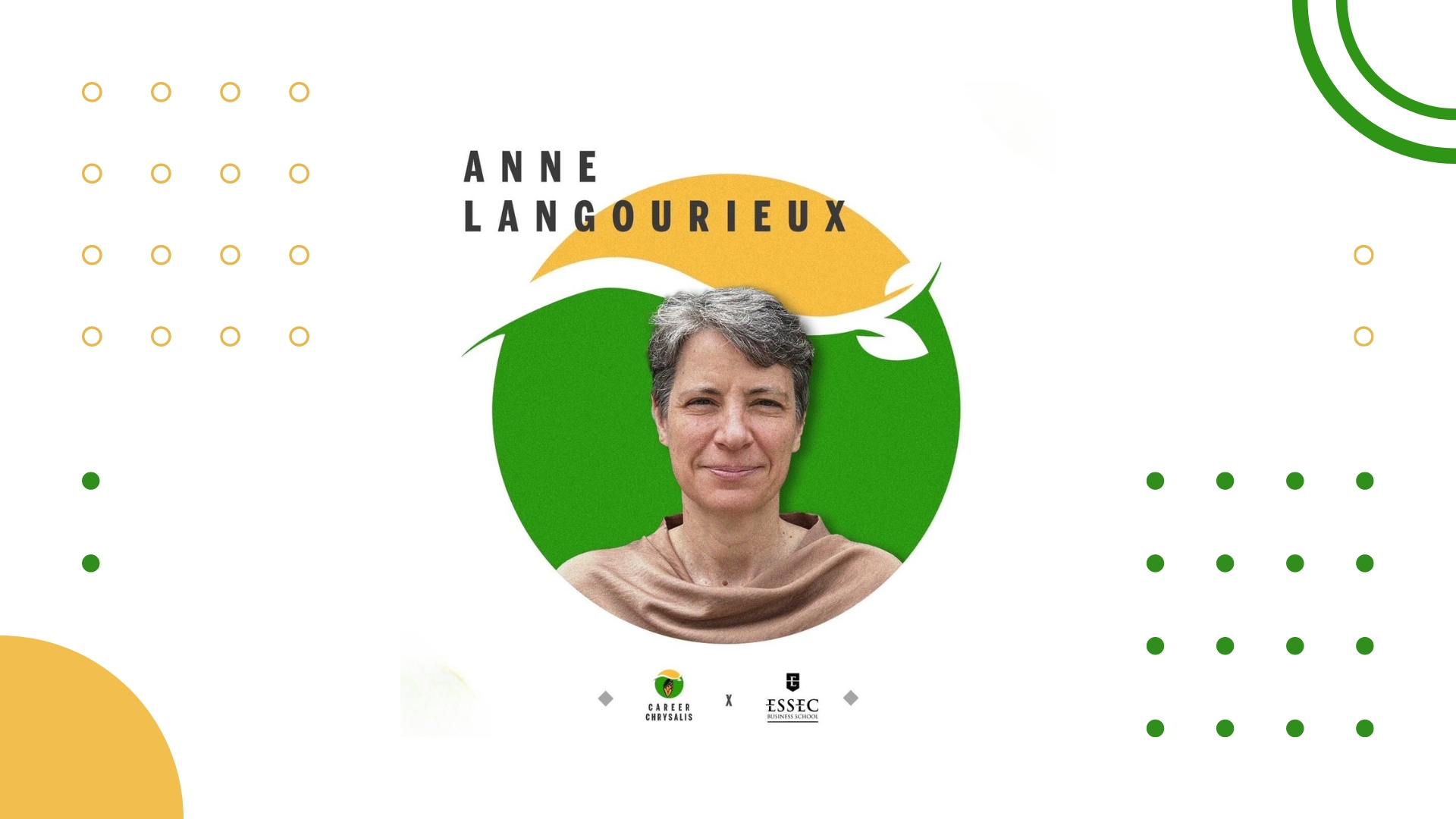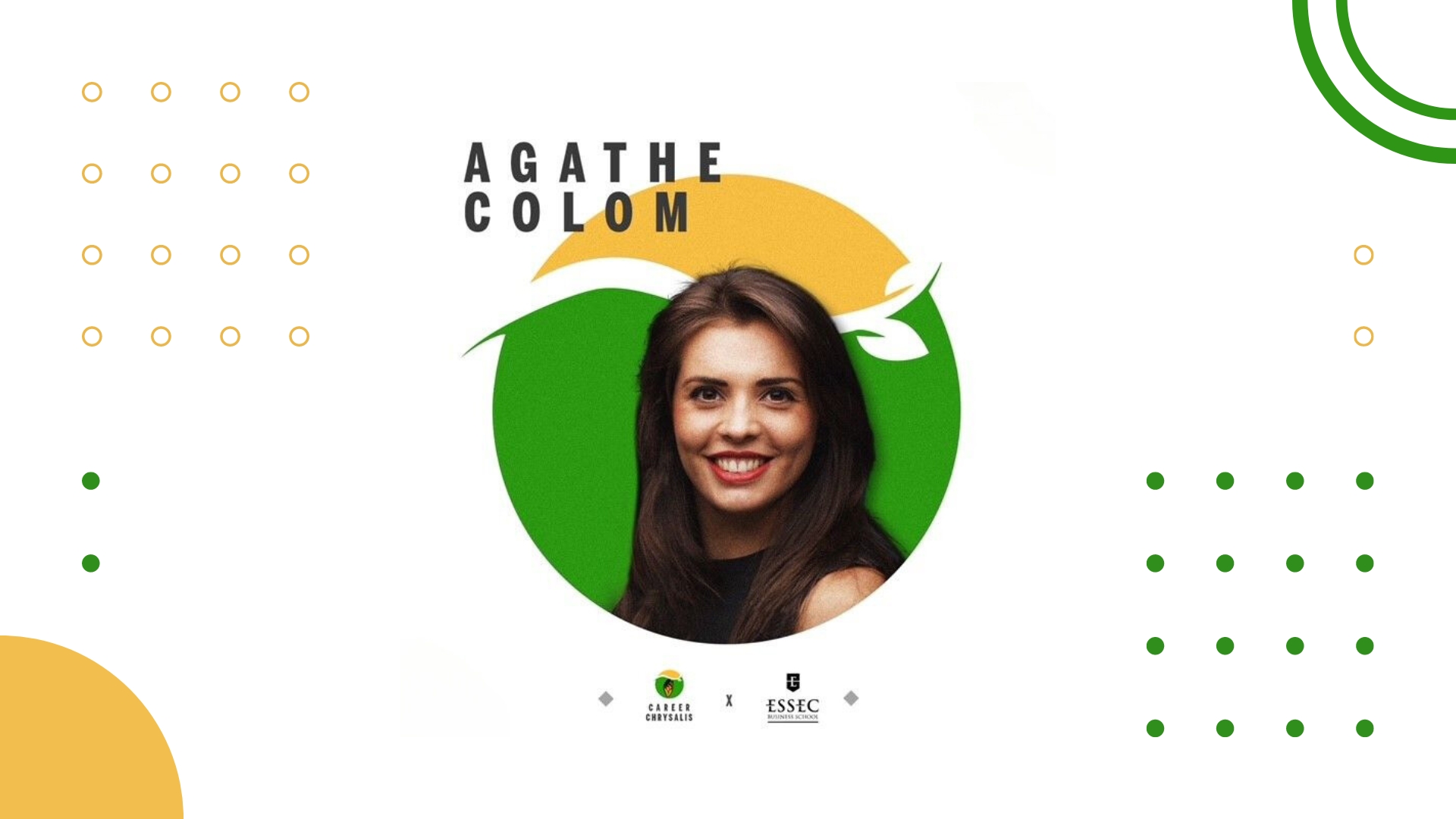After years of working towards a Bachelor’s degree, you’ve decided to enhance your skill set by taking up a Master in Strategy & Management of International Business (SMIB) at the ESSEC Asia-Pacific campus.
But now that you’re well on your way to developing the skills you need, how do you impress recruiters and demonstrate your suitability?
Enter ESSEC Asia-Pacific Career Service, a team armed with a repertoire of job preparation workshops and career fairs to help students find their footing in the job market.
Each year, the content and presentation of these programs are updated to align with industry trends—in all the name of better meeting student needs.
Theresa Chew, Career Services Senior Manager at ESSEC Asia-Pacific, takes us through some of the recent highlights:
Resume Crafting and Coaching
Worried about how to present your skill set on your resume? The ESSEC Career Services provides a resume writing workshop and template to help students understand how to format and structure their points.
As students often apply to diverse roles and sectors and there is no “one-size-fits-all” mold, they are also invited to meet with Chew after the workshop to customize their resume to fit their unique career goals further.
“My doors are always open, so I encourage students to come and see me and talk me through their experiences so we can come up with the best possible resume,” Chew says.
Lessons on Personal Branding
As first impressions count, students can also access workshops on how to brand themselves on LinkedIn, present themselves at networking sessions, and even give an elevator pitch.
True to the ESSEC Asia-Pacific learning-by-doing style, these workshops allow students to apply their new knowledge after learning the theory, and trainers provide them with immediate feedback.
This, Chew explains, helps consolidate the knowledge and gives students actionable points to improve in the future.
Cracking the Case Practicum
Consulting professionals use A similar learning-by-doing approach by consulting professionals during the Case Interview workshop. Over three hours, students are taught case-cracking principles and try their hand at cases covering market sizing profitability, mergers & acquisitions, and more.
Chew explains that this workshop is most beneficial for those applying for strategy and management consulting roles and will need to undergo a case interview stage designed to test their analytical thinking, thought processes, and presentation skills.
However, she notes that the exercise has benefits that can translate across industries: “The methodologies that they take away from this will be good for any problem-solving kind of issues in the future,” she states.
Exposure to Businesses in Asia
For those looking to start work in Asia, the Doing Business in Asia workshop assesses their knowledge of the region and introduces them to various Asian countries.
This aims to expose students to critical trends and topics in Asia that may impact their work so they are better prepared to navigate the diverse region.
In addition, SMIB students also experience how different Asian businesses operate through SMIB Career Day guest talks and company visits to ESSEC industry partners in diverse areas like consulting, technology, and luxury.
This allows them to learn more about different roles and sectors they may eventually enter.
Mentorship Opportunities
Finally, unique to ESSEC’s Asia-Pacific campus is its mentorship program. Students are paired with alumni who have gone through the same process, understand their challenges, and can provide career advice.
“The goal is for students to have someone that can offer support and be a sounding board for their ideas,” Chew explains, adding that although the program officially lasts around eight months, the hope is that “if the rapport is so good, the journey will continue even after graduation.
To help break the ice, Chew also arranges for the first mentor-mentee meeting to involve a shared activity they can bond over.
“Ultimately, we want to offer what works best for the program and ensure that there are skill sets that students can use and transfer no matter where they apply,” Chew explains.
This, she emphasizes, has been and continues to be the guiding principle for the evolution of career service programs. So, one can trust that relevant support will be available even as the industry needs change.
RELATED POSTS
Career Transitions S3E7: Refresh Your Perspective to Accelerate Your Transition
Listen to the final episode of Career Transitions podcast in collaboration with ESSEC Asia-Pacific featuring hosts Vanessa Iloste and Vanessa Teo.
Career Transitions S3E6: Lifelong Learning and Career Strategies with Professor Reetika Gupta
Listen to the sixth episode of Career Transitions podcast in collaboration with ESSEC Asia-Pacific featuring Deputy Dean Reetika Gupta and hosted by…
MMD Study Trip in Hong Kong: Career Insights Abound at Global Business Hub
During the annual study trip, MSc in Marketing Management and Digital students from the class of 2024 gained valuable insights about different…
MiF Study Trip in Hong Kong: From Dynamic Markets to Global Sustainability
Master in Finance students from ESSEC explored Hong Kong's financial landscape, engaging with top institutions and industry leaders, gaining crucial…
Career Transitions S3E5: From Corporate Leadership to Sustainability with Anne Langourieux
Listen to the fifth episode of Career Transitions podcast in collaboration with ESSEC Asia-Pacific featuring alumnus Anne Langourieux and hosted by…
Career Transitions S3E4: Building Strong Connections with Agathe Colom
Listen to the fourth episode of Career Transitions podcast in collaboration with ESSEC Asia-Pacific featuring alumnus Agathe Colom and hosted by HR…







